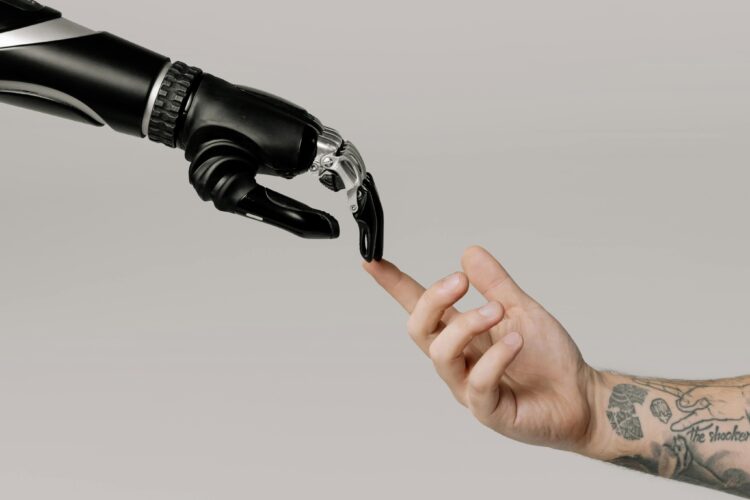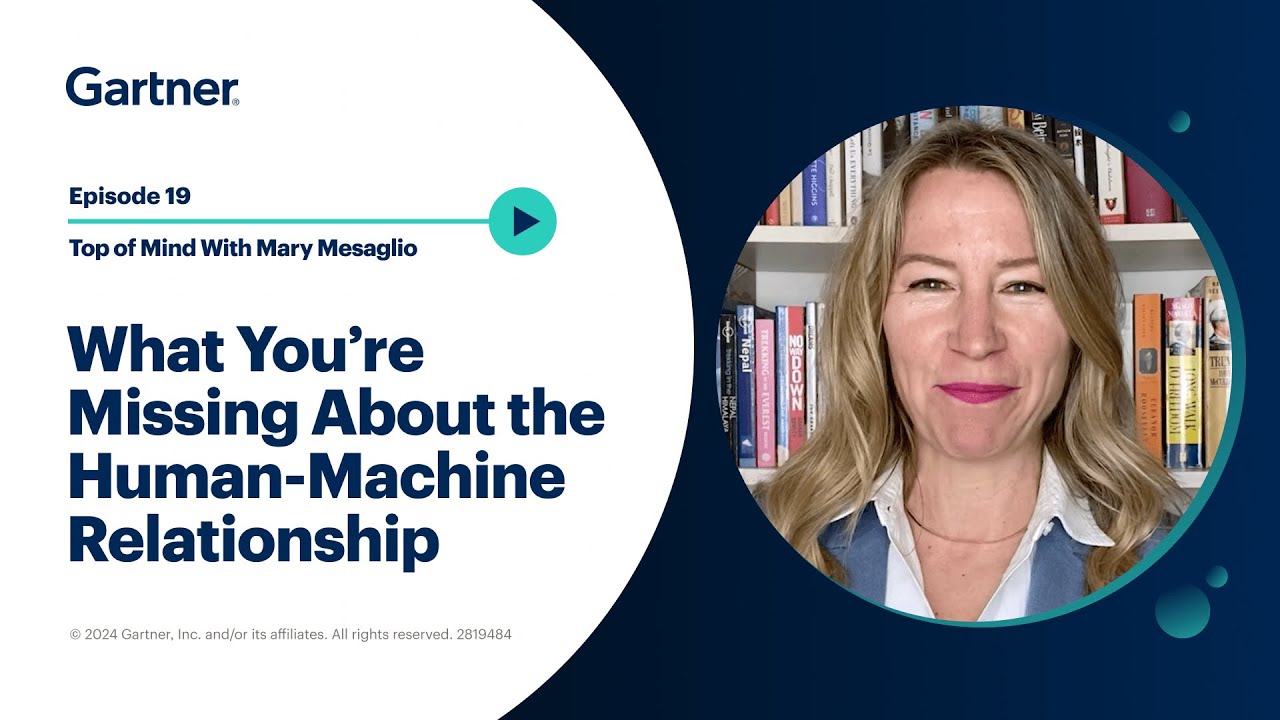Gartner's Mary Mesaglio discusses the human-to-machine relationship aspects that most people overlook but are essential to improve: digital disinhibition and algorithmic aversion.
Digital disinhibition
Mesaglio says that users "feel more comfortable talking about things that are difficult for them — their deepest, darkest truths — when talking to a machine than when talking to a human."

It has negative implications, especially on social media and other channels where people feel uninhibited due to anonymity, and communication feels more distant, impersonal, and unintentional.
"But on the positive side, what this means is that lots of people who need therapy are much more able to get it (a) because of the accessibility and the ubiquity of the chatbot, so it's available at 2 a.m. if you're having a tough time. But (b) because they have a much more fruitful conversation," Mesaglio explains.
Algorithmic aversion
Algorithmic aversion happens when users "hold the machine to a different set of standards than we hold to the human doing the same task, or we just outright don't believe the machine's answer even when it's correct," explained Mesaglio.
Human-machine relationships
Mesaglio reminds users to consider that some aspects of the human-machine relationship are unique to machines, and humans react differently to machines than they would to other humans.
"It is useful for anyone out there struggling with design or trying to do something different to bear this in mind," she says.
Full video here.





